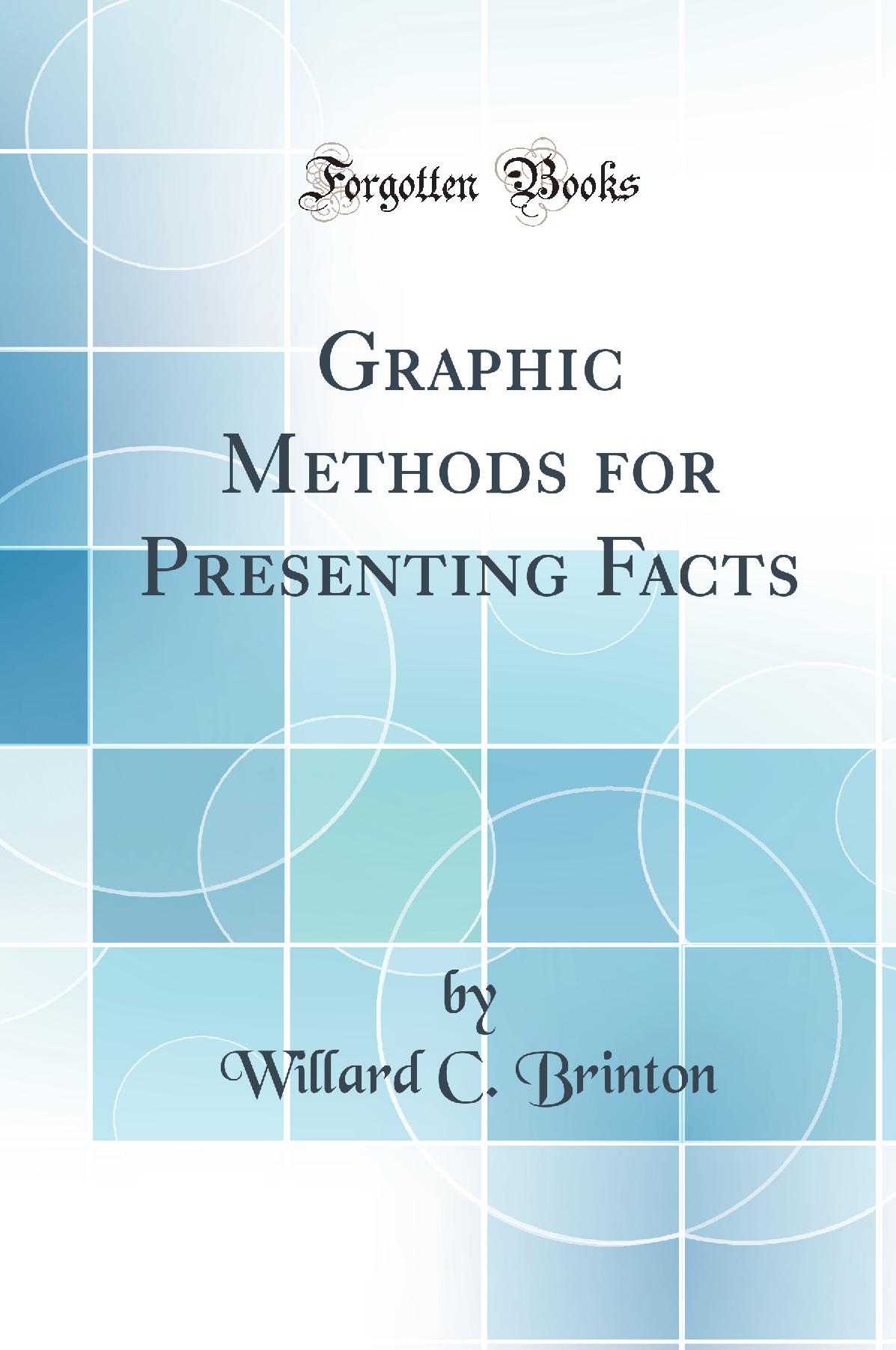Description
We daily see facts presented in the hope of creating interest and action for some really worthy piece Of work to benefit the people as a whole. In many of these cases the attitude Of the person presenting the matter seems to be that the facts will speak for themselves and that they need little or no assistance. Ordinarily, facts do not speak for themselves. When they do speak for themselves, the wrong conclu sions are Often drawn from them. Unless the facts are presented in a clear and interesting manner, they are about as effective as a phono graph record with the phonograph missing.
If it were more generally realized how much depends upon the method of presenting facts, as compared with the facts themselves, there would be a great increase in the use of the graphic methods of presentation. Unlimited numbers Of reports, magazines, and news papers are now giving us reams Of quantitative facts. If the facts were put in graphic form, not only would there be a great saving in the time Of the readers but there would be infinite gain to society, because more facts could be absorbed and with less danger Of mis interpretation. Graphic methods usually require no more space than is needed if the facts are presented in the form Of words. In many cases, the graphic method requires less space than is required for words and there is, besides, the great advantage that with graphic methods facts are presented so that the reader may make deductions Of his own, while when words are used the reader must usually accept the ready-made conclusions handed to him.
About the Publisher
Forgotten Books publishes hundreds of thousands of rare and classic books. Find more at www.forgottenbooks.com
This book is a reproduction of an important historical work. Forgotten Books uses state-of-the-art technology to digitally reconstruct the work, preserving the original format whilst repairing imperfections present in the aged copy. In rare cases, an imperfection in the original, such as a blemish or missing page, may be replicated in our edition. We do, however, repair the vast majority of imperfections successfully; any imperfections that remain are intentionally left to preserve the state of such historical works.
Details
Publisher - Forgotten Books
Language - English
Hardback
Contributors
Author
Willard C. Brinton
Published Date -
ISBN - 9781527961906
Dimensions - 22.9 x 15.2 x 2.0 cm
Page Count - 380
Paperback
Contributors
Author
Willard C. Brinton
Published Date -
ISBN - 9781331972624
Dimensions - 22.9 x 15.2 x 2.1 cm
Page Count - 382
Payment & Security
Your payment information is processed securely. We do not store credit card details nor have access to your credit card information.

